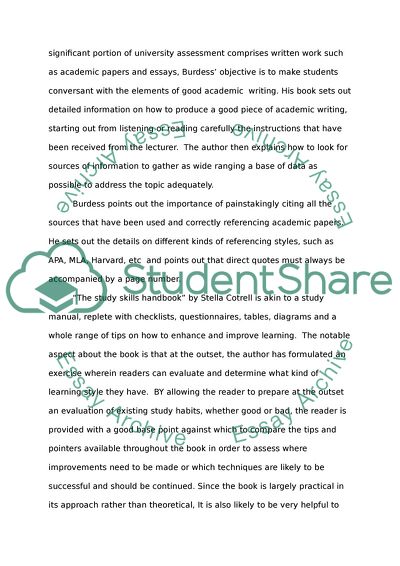Cite this document
(Book Comparison: Good Study by Neil Burdess Report/Review, n.d.)
Book Comparison: Good Study by Neil Burdess Report/Review. https://studentshare.org/education/1737879-book-review-research-project-and-writing-skills
Book Comparison: Good Study by Neil Burdess Report/Review. https://studentshare.org/education/1737879-book-review-research-project-and-writing-skills
(Book Comparison: Good Study by Neil Burdess Report/Review)
Book Comparison: Good Study by Neil Burdess Report/Review. https://studentshare.org/education/1737879-book-review-research-project-and-writing-skills.
Book Comparison: Good Study by Neil Burdess Report/Review. https://studentshare.org/education/1737879-book-review-research-project-and-writing-skills.
“Book Comparison: Good Study by Neil Burdess Report/Review”. https://studentshare.org/education/1737879-book-review-research-project-and-writing-skills.


